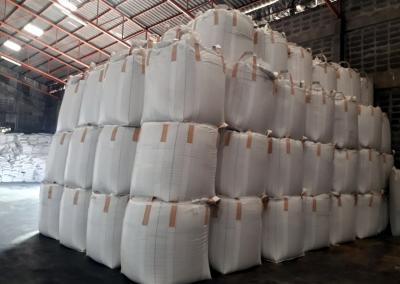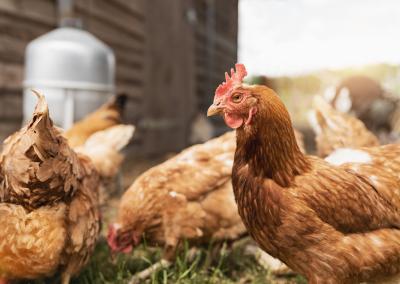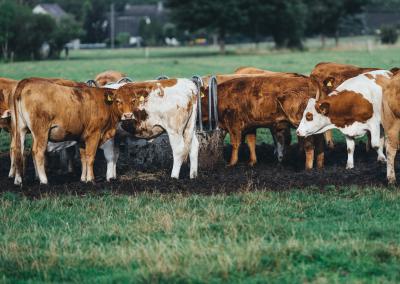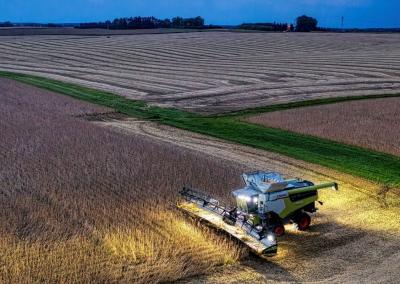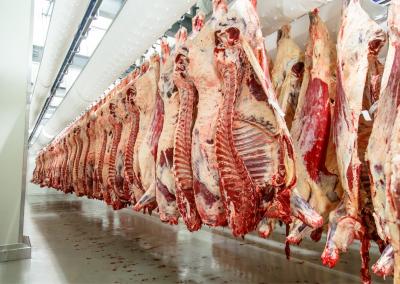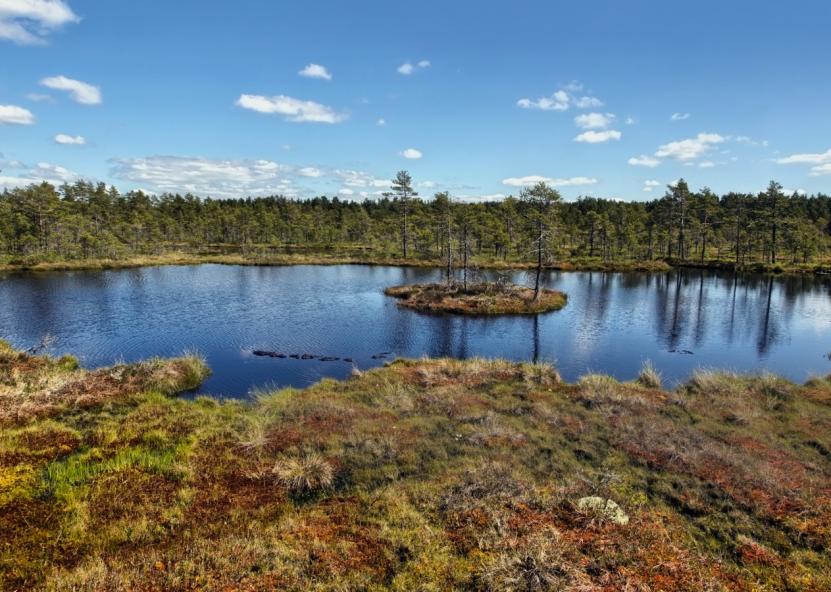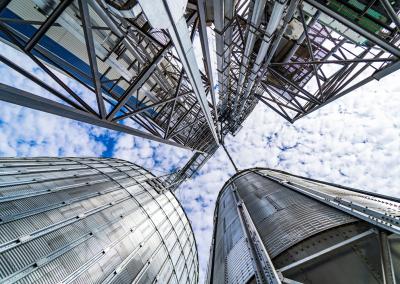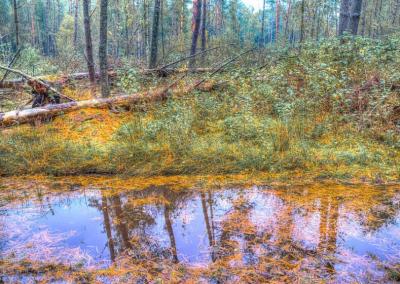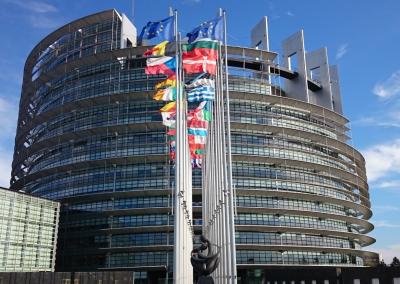Farmers' leaders on the millions lost in 'swamps': as scary as ever
Farmer leaders say the worst decision has been made after the Ministry of Agriculture (MoA) confirmed that the €19.36 million previously allocated for wetland restoration was actually given to the Ministry of Finance when no applications from farmers came forward, and the latter decided to spend it on the purchase of energy storage devices and the purchase of forests for the benefit of the State.
Even though farmers were suggesting where the money could be put to more meaningful use in agriculture, now that it has been practically taken away from farmers.
Mindaugas Maciulevičius, Chairman of Kaunas District Farmers Union:
It's terrible, as always. Especially bad planning, unattractive measure, especially – lost money. And how much machinery could have been financed under the original plan to make a technological breakthrough. GHG emissions would have been significantly reduced in the development of bearimic technologies for small and medium-sized farms.
Martynas Puidokas, Chairman of the Kelme District Farmers' Union:
These are the echoes of the fiasco of the Minister for Wetlands (Kęstutis Navickas – author's note). It is possible to see what the money was for. Those who were already planning how to use it were afraid to take the risk of applying because of the wave of criticism. From the outset, there were strong suspicions that the €19 million was earmarked for names that might already be known. In this programme, the phrase „for farmers“ was a misunderstanding.
Jonas Sviderskis, Director General of the Association of Lithuanian Agricultural Companies:
We made suggestions to the National Paying Agency (NPA) but they were not taken into account. We suggested that the funds should be redirected, if the procedure for their use allows, to the following measures: Reconstruction of state-owned land reclamation structures, modernisation of livestock-pastoral farms, covering of slurry tanks, purchase of manure-slurry separation equipment, installation of odour traps, installation of filters in grain dryers, installation of bio-energy plants, purchase of modern, gas-powered machinery, purchase of modernised agricultural tools (sowing, plant protection), purchase of laboratory and software equipment for soil and water research. We did not support the use of the funds for the installation of solar power plants because the surplus electricity already available on farms cannot be sold to the electricity companies because of problems they themselves create, such as transformers that are too weak, grids that are not permeable to more electricity, distances from solar power plants on marginal land, etc. By giving those funds to power stations, we lose them completely. And we could have used more than EUR 16 million for the measures listed above. The uses are in line with the concept of green transformation as outlined by the Ministry of Finance in the RRF spending plan.


